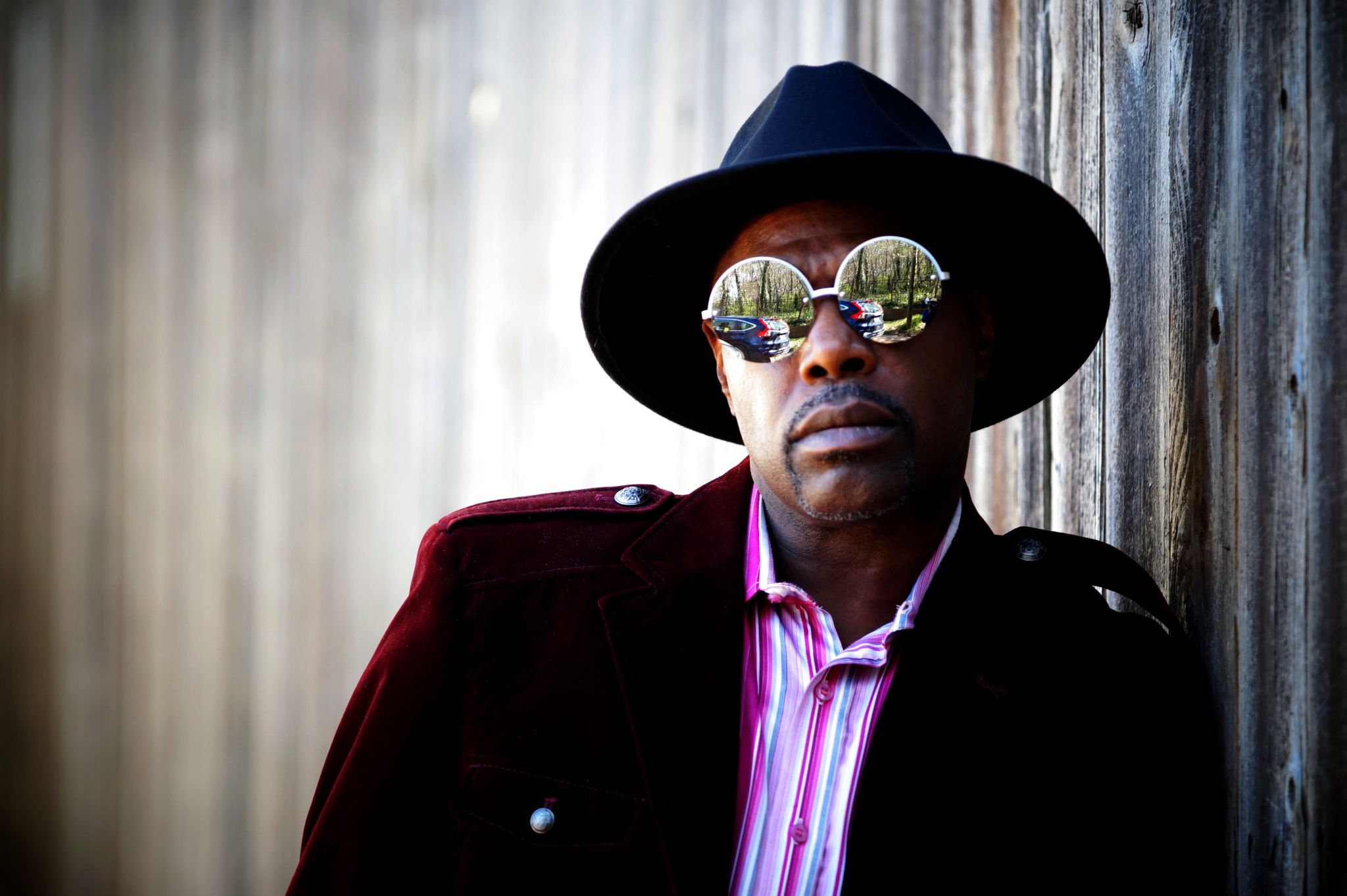“Roscoe Lee Browne: A Master Class in Cerebral Eloquence”
Guest Writer: Bishop Hartsel Clifton Shirley
Roscoe Lee Browne was born in Woodbury, New Jersey. Conflicting reports have stated 1922 and 1925, but in an interview with Camille Cosby, he stated, “I was born, Camille, so they say, May 2, 1922, in Woodbury, New Jersey.”
The fourth son of Lovie and Sylvanus S . Browne, he attended and graduated from Woodbury Junior-Senior High School in 1939. He continued his education at Lincoln University in Pennsylvania and became a part of the Omega Psi Phi fraternity, graduating with a bachelor’s degree in 1946.
Serving in World War II, he was stationed in Italy with the United States Army‘s 92nd Infantry Division. While stationed there, he organized the track and field team for the division. Browne was a gifted athlete, winning the 1961 World Championship in the 800-yard run in 1951. After leaving the Army, he returned to Lincoln University to teach French, English, and comparative literature from 1946 through 1952. When he left teaching, he worked for the Schenley Import Corporation, selling wine for a few years. But in 1956, this exceptional talent determined that he would become a full-time actor.
Browne’s friends weren’t so sure about his decision to go into acting. Still, he forged ahead and landed the role of soothsayer and Pindarus in the Julius Caesar play for the first New York Shakespeare Festival Theater. He quickly got more work with the theater and landed his first movie role in 1964’s Pie In The Sky. Next came the classic movie, Black Like Me.
Browne made it a point not to do stereotypical roles given to many Black actors. Vowing to do more than act and narrate, he wrote and made his debut as a director with his stage play, A Hand Is On The Gate, which starred James Earl Jones, Moses Gunn, and Cicely Tyson. His acting career got a jolt when he caught the attention of Leland Hayward, who quickly made Roscoe a regular on his show, That Was the Week That Was, a satirical NBC show.
In 1968, Browne co-starred in a movie that would bring him into close quarters with another up-and-coming actor, Ji-Tu Cumbaka. It was on the set of 1968’s Up Tight where Cumbaka recalls in his 2011 autobiography, A Giant To Remember, that Browne and he had to come to an understanding.

“True to life, Roscoe was gay. He was flamboyantly gay. I had never encountered anyone like him,” according to Cumbaka. “ He was immediately recognized as highly educated, superior in speech, and sophisticated. This was my first screen role, my dream come true. I didn’t want to mess it up in any way, form, or fashion, but the way he kept coming on to me made me uncomfortable.
“ I didn’t know much, but I knew I was straight as an arrow and didn’t appreciate him disrespecting me like that. By this time, I was good friends with John Wesley Rogers, so I voiced my concerns to John, who gave me an impenetrable look and told me to slap him.”
Cumbaka continued. “ Not knowing whether he was kidding or not – there was no way I was going to slap the man – that would be a one-way ticket home. Yet I knew I had to get him off my back. I spoke to Max (Julian) about it. He just smiled, talked around the subject, and finally suggested I speak to Raymond St. Jacques. I briefly explained it to Raymond, and that’s when I find out he’s also gay… Finally, I took John’s advice.
“ I really didn’t want to, but I slapped the you-know-what out of him…I’m trying to focus on my lines, and here he goes throwing me kisses and carrying on, so I slapped him hard, then grabbed him under his armpits, lifted him off the floor, and literally threw him through the doorway… I had made my point; he stopped harassing me.”
Browne didn’t participate in the protesting, marches, and political action of the ‘60s as his well-known peers did; instead, he chose to “be more effective on stage with metaphor…than in the streets with an editorial”. His popularity grew, and he became in high demand, making appearances on shows such as Mannix, All In the Family, Sanford and Son, and Soap, as well as movies, such and The Cowboys with John Wayne, Superfly, and Uptown Saturday Night.
His television work garnered him an Emmy for his recurring role on The Cosby Show, a nomination for a role on Barney Miller, and critical acclaim for his roles on All in the Family and Soap. Theater kept him busy, and he performed in playwright August Williams’ notable play Joe Turner’s Come and Gone in 1989. In 1992, he gave a Tony Award-winning performance in another August Wilson play, Two Trains Running. He acted in several more August Wilson plays and was once criticized for sounding “too white”, to which he replied, “I’m sorry, I once had a white maid.”
Voice-over work was also steady for him throughout his career, from the 1977 record album, The Story of Star Wars; works such as two animated cartoon superhero series, Batman and Spiderman; and the animated movie, Babe. Browne possessed massive talent, which he gave to his fullest by performing, writing plays, and musical directing.
Roscoe Lee Brown passed away from stomach cancer on April 7, 2007. He left such a mark that he was remembered by a New York Times eulogy written by Frank Crohn of the Edna St. Vincent Millay Society: “We mourn the loss of our long-time Trustee and faithful friend. He was always to be counted upon to be supportive of the aims and purposes of the Society. He filled our lives with the soft sound of poetry as only he could recite it. Now the stage is empty and the lights are low.”
The undeniable dignity and distinction that Roscoe Lee Brown created and carried is proof that…

Bishop Hartsel Clifton Shirley is an author, writer, singer/songwriter, and bishop from Waterloo, Iowa. He received his master’s degree in business from the International Business Management Institute based in Berlin, Germany.
Currently residing in Atlanta, Mr. Shirley is a bishop of National and International Social Action, part of New Direction Overcomers’ International Fellowship (based in Richmond, Virginia).
A multi-faceted talent, Hartsel is a writer, author, and singer/songwriter. A bronze prize winner of the International Society of Poets, he has penned editorials for the Waterloo/Cedar Falls Courier. His best-selling novel is entitled Three Words, Four Letters, published by Ishai Books. Additionally, Hartsel has charted at #1 several times on the ReverbNation pop music charts.
Inspired by Langston Hughes, Bishop Shirley states, “I write what moves me. There is nothing I can’t write. I just have to care about it so I can write truthfully.”
According to Hartsel, his current book, The Night Eddie Sallis Died, is based on factual information he uncovered in 2002 about a 1966 jail cell “suicide” in Waterloo, Iowa (his place of birth). This revealing and riveting book pulls back the curtain on racism and police brutality. The author emphasizes, “These truths make Iowa a state not to be taken lightly–nor forget.”





Leave A Comment